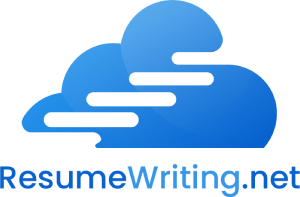In today’s competitive job market, your resume plays a pivotal role in distinguishing you from other candidates. It isn’t just a factual summary of your career journey; it’s your professional highlight reel, showcasing your most significant achievements and qualifications.
1. Why Your Resume Matters
- Understanding Resume Dynamics: While it may feel like a personal history, a resume is, in essence, a marketing tool. Its primary goal is to sell you as the most fitting candidate for the job.
- The Selection Process: An employer might be inundated with over 100 resumes for a coveted job. In reality, each resume is afforded only a fleeting glance. Research suggests a resume takes 10 to 20 seconds to make an impression. Those that stand out get shortlisted, while others are relegated to the forgotten realms of the employer’s files.
2. Crafting the Perfect Resume
- Gathering Information:
- The Preparation Phase: Gather all relevant data before penning down your resume. This not only ensures a comprehensive resume but also simplifies future updates.
- Breaking it Down: Typically, resumes comprise three main sections – experience, skills, and education. Drafting a list based on these categories aids in streamlining the information to be included.
- Tailoring to the Role: If you’re crafting a resume for a specific role, align it with the job description. This ensures your resume highlights the attributes the employer prioritizes. For diverse roles, creating multiple custom resumes can be beneficial.
- Choosing a Resume Format:
- The Big Three: Most resumes fit into one of the three main formats: reverse chronological, skills-based, or combination. Your choice depends on which best accentuates your strengths.
- Adding a Personal Touch: While these formats provide a basic blueprint, infusing unique touches can make your resume more memorable.
- Writing Your Resume:
- Presentation Matters: The essence of a resume lies not just in the content but also its presentation. The way you articulate your experiences can set you apart.
- Adopting an Active Voice: Using an active voice makes your resume more dynamic. For instance, instead of “I had experience in organizing,” use “Organized.”
- Checking Your Resume:
- Beyond Automated Checkers: Relying solely on automated spell checkers can be a trap. They may overlook certain errors, especially with homonyms and acronyms.
- Fresh Eyes: After you’ve drafted your resume, take a break before reviewing it. This can help you spot errors more easily. Additionally, seeking feedback from a third party can provide valuable insights.
Exploring Great Resume Structures
Instead of adopting a one-size-fits-all approach, candidates often benefit from tailoring their resume structure to best represent their unique experiences and career trajectory. Let’s delve into a few exemplary resume structures and when to utilize them:
- 1. Reverse Chronological Format:
- What it is: This structure lists work experience starting with the most recent position and working backward.
- Best for: Individuals with a strong work history in a particular field, allowing them to showcase their career progression.
- Example:
- 2023 – Present: Software Engineer, TechCorp
- 2021 – 2023: Junior Developer, InnovateTech
- 2018 – 2021: Intern, CodeSolutions
- 2. Skills-Based (Functional) Format:
- What it is: Emphasizes skills and qualifications over chronological work history.
- Best for: Those with gaps in their employment history or those looking to switch industries.
- Example:
- Technical Skills:
- Software Development
- System Analysis
- Database Management
- Soft Skills:
- Team Collaboration
- Problem Solving
- Time Management
- Technical Skills:
- 3. Combination (Hybrid) Format:
- What it is: Merges elements from both reverse chronological and skills-based formats, focusing equally on skills and work history.
- Best for: Seasoned professionals who wish to highlight specific skills while also showcasing their work history.
- Example:
- Skills:
- Project Management
- B2B Sales
- Market Analysis
- Experience:
- 2020 – Present: Sales Manager, BizBoost
- 2017 – 2020: Account Executive, MarketGains
- Skills:
As the job market evolves, so does the art of resume writing. Leveraging the right structure can offer a strategic advantage, allowing your strengths and experiences to shine through in the most compelling manner. Remember, the ultimate aim is to make your credentials resonate with the prospective employer, positioning you as the ideal candidate for the role.


